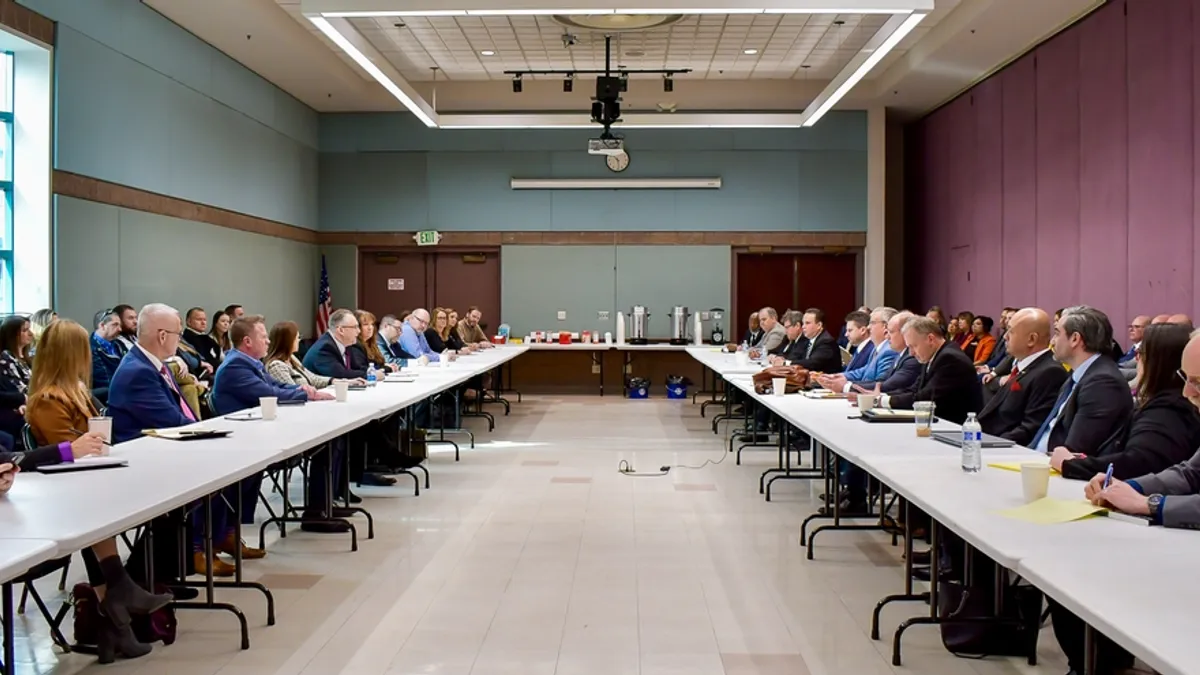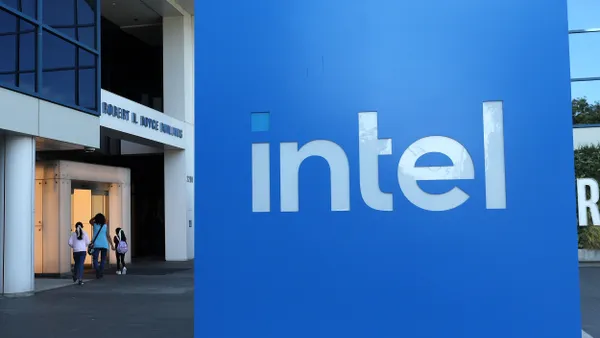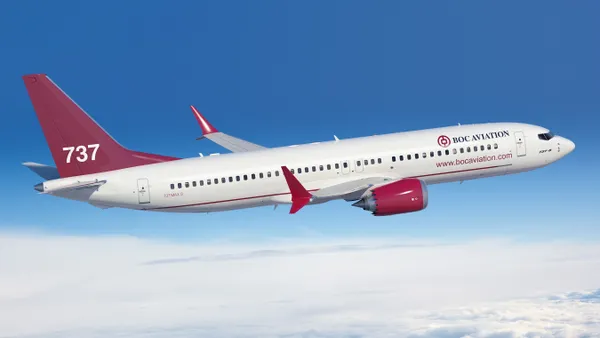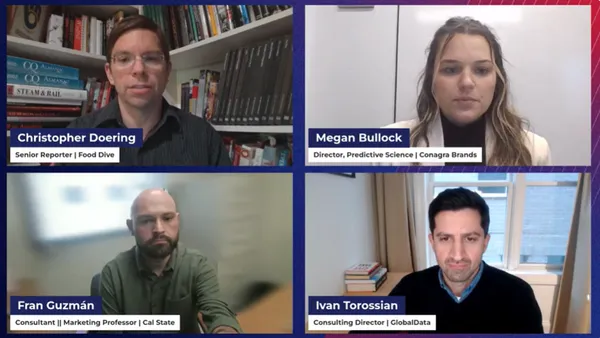Clarification: This story was updated to reflect that Jabil's more than 100 locations are around the world.
Dive Brief:
- Electronics maker Jabil will close one of its three facilities in Florence, Kentucky, according to a Sept. 30 Worker Adjustment and Retraining Notification Act letter.
- The closure is scheduled for Dec. 6 and will include the lay off 108 workers, according to the notice.
- Jabil chose to close the facility because one of its customers relocated operations to another Jabil site, a company spokesperson said in an email to Manufacturing Dive. The company declined to disclose who the customer was that moved operations, due to “contractual obligations.”
Dive Insight:
The two remaining Florence facilities will not be impacted by the pending closure, according to the WARN Act letter.
The company is assessing transfer opportunities for its impacted employees at its other Florence facilities, the Jabil spokesperson said.
“We are committed to supporting employees who will not transfer with severance benefits and career outplacement assistance,” the spokesperson said. “They are also encouraged to apply for open positions with the company.”
Jabil has over 100 facilities worldwide, including in Europe, the Middle East and Asia, according to its Q4 presentation. The company has approximately 40 sites in North America, 30 of which are in the U.S.
Many of Jabil’s customers outsource their product or parts manufacturing to Jabil, and some facilities are in specific locations to support a customer’s specific needs. Jabil completes contract manufacturing work for a variety of major companies, including Johnson & Johnson, Amazon, Intel, Tesla, Samsung and Nespresso.
The upcoming closure comes weeks after Jabil’s board of directors approved a restructuring plan for fiscal year 2025, according to a Sept. 26 securities filing. The restructuring includes reducing manufacturing costs and realigning capacity, as well as workforce reductions in administration, general and selling departments.
Jabil expects to spend $150 million to $200 million implementing the changes.












